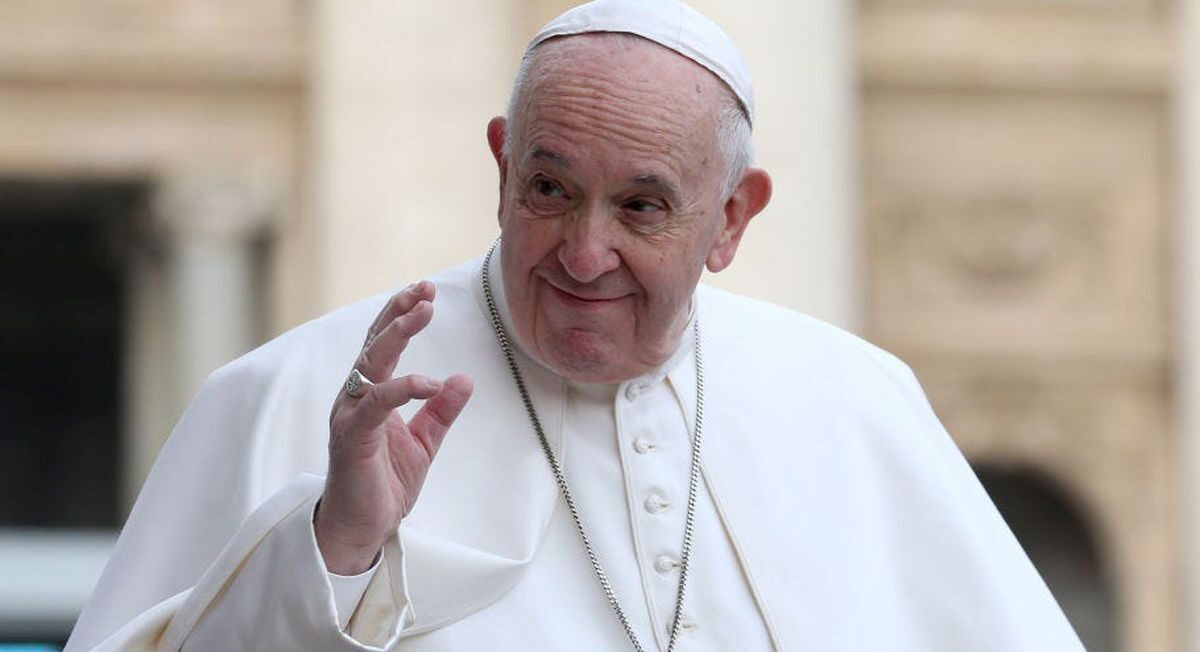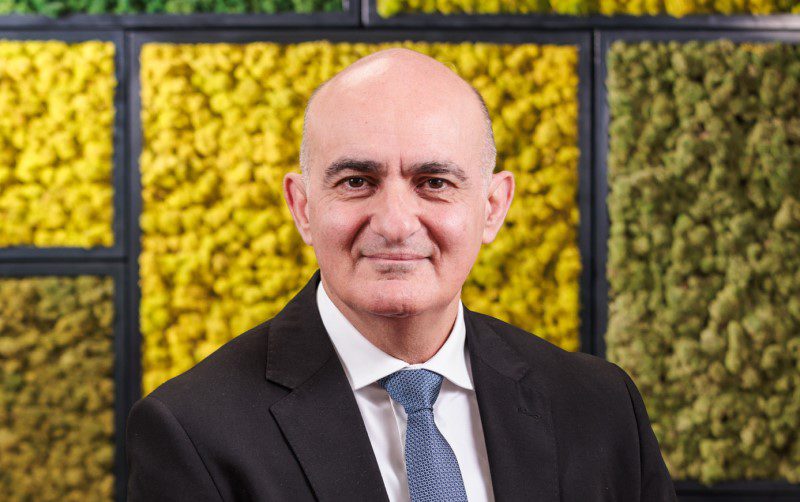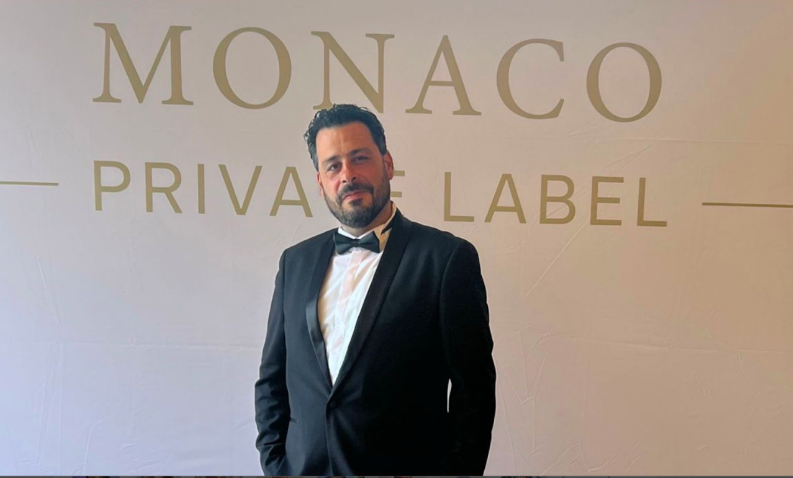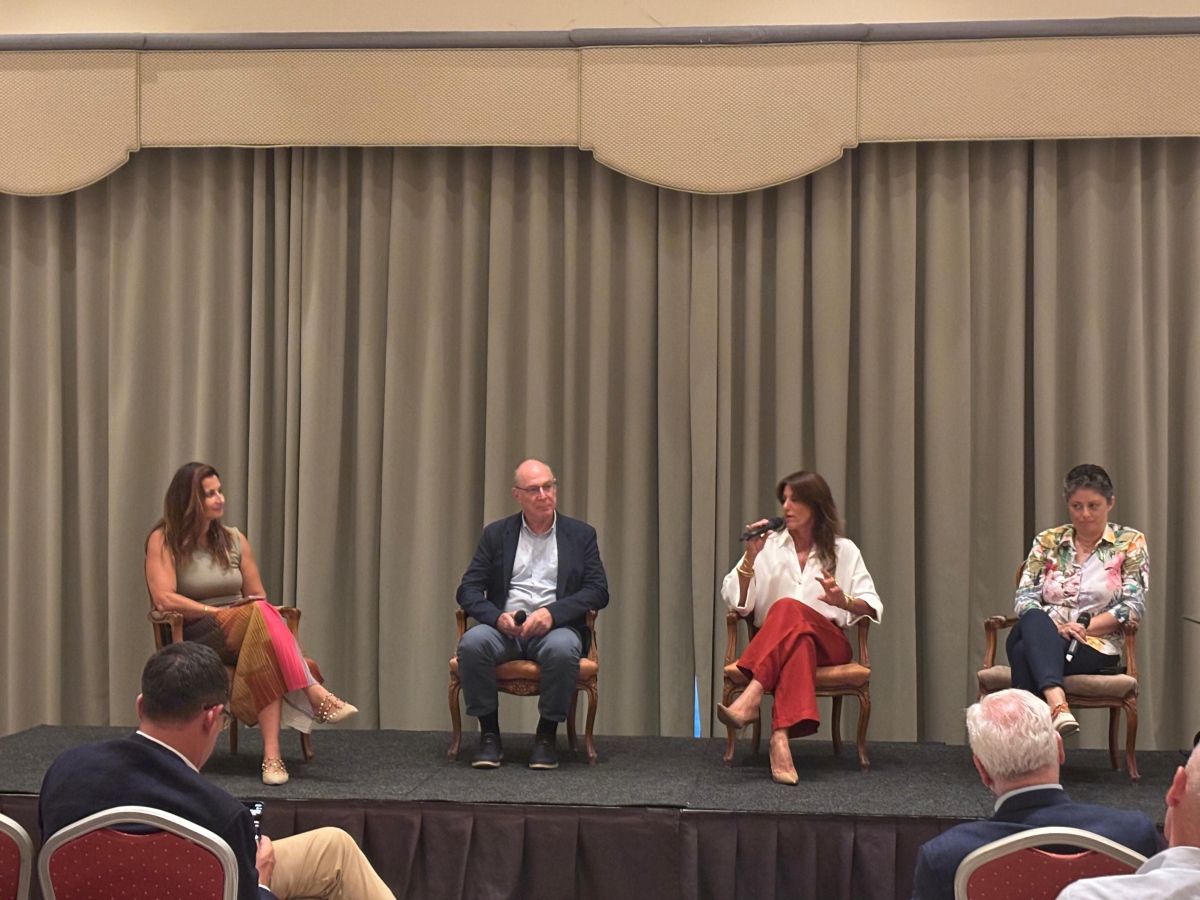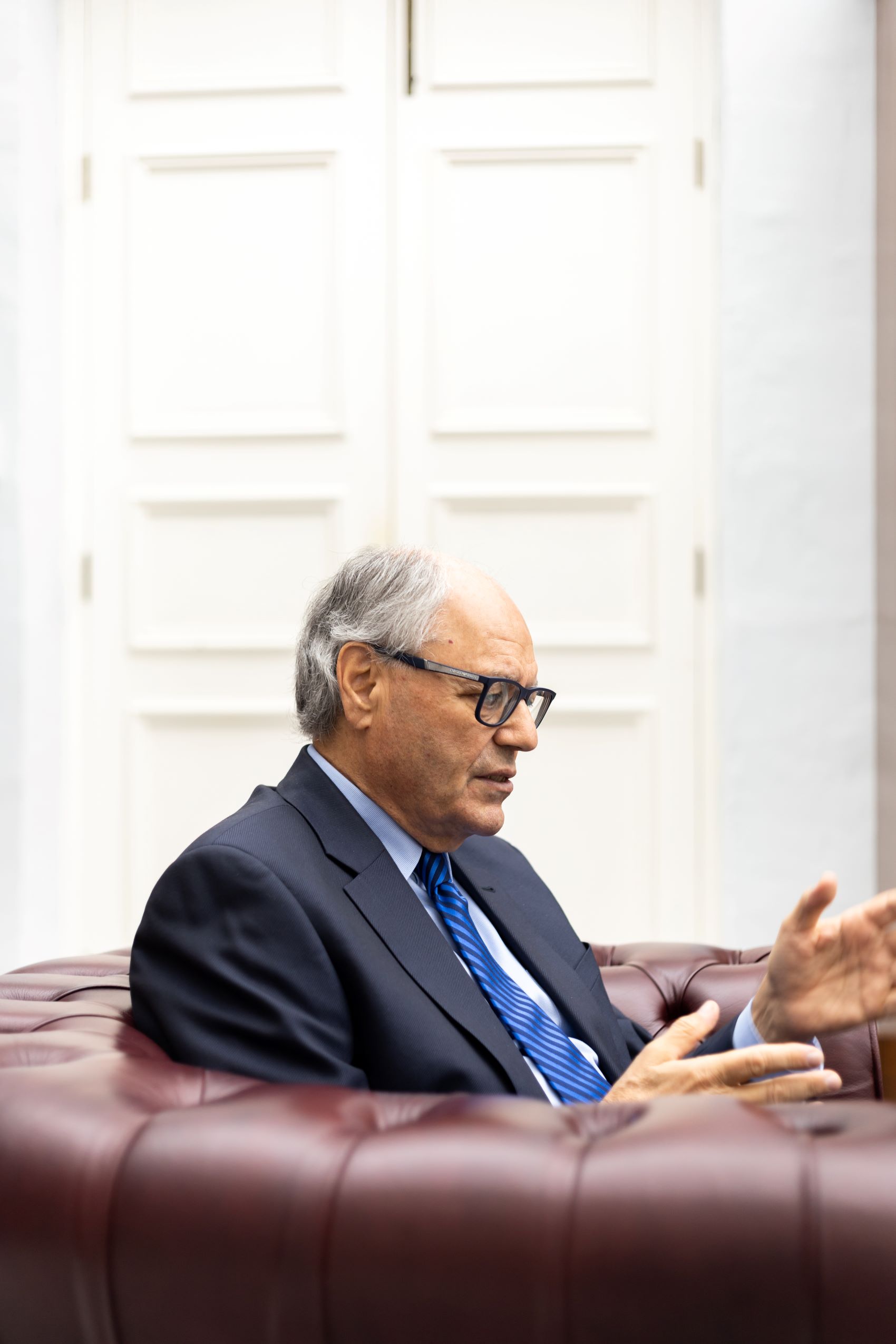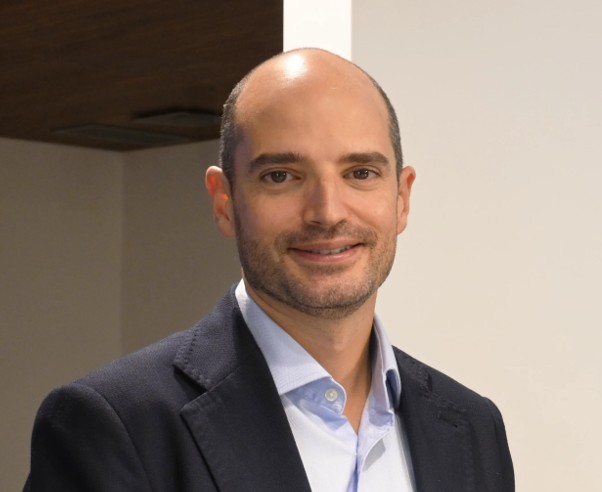Pope Francis, who passed away on Monday (today), will be remembered not only as a transformative figure within the Catholic Church but also as a global leader whose approach to governance, reform, and compassion offers valuable lessons for today’s business leaders.
As the first pontiff from South America, the first Jesuit to become pope, and the first non-European pope in over 1,200 years, his papacy broke tradition in many ways – but it was his leadership style that most clearly marked a shift towards humility, inclusion, and purpose-driven change.
Here are five lessons CEOs and executives can take from Pope Francis’ legacy:
Change requires patience
When Pope Francis began his papacy in 2013, he inherited an institution resistant to transformation. Nonetheless, he set about making the Vatican’s finances more transparent, implementing formal budgeting and financial controls that were previously absent.
He anticipated opposition from the entrenched establishment, yet he approached reform with persistence and patience.
The lesson here is clear: Leaders must understand how change impacts their teams. Shifting long-standing habits can be unsettling, and people need time to adapt.
By taking a measured approach and clearly communicating the bigger picture, business leaders are more likely to secure lasting support.
Encourage honest dialogue
One of the Pope’s earliest initiatives was the formation of the “Vatican Eight,” a global council of cardinals tasked with advising him on Church reform. Despite the gravity of the issues discussed, the meetings were characterised as open, candid, and respectful.
This level of dialogue is something many workplaces strive for but often fall short of. Leaders who foster environments where team members feel safe to speak up – without fear of judgement – are more likely to uncover valuable insights and encourage innovation.
When employees are encouraged to share their perspectives, the entire organisation benefits.
Recognise and uplift your people
A simple yet touching example of Pope Francis’ leadership came on New Year’s Eve 2014, when he left a voicemail for a group of Spanish nuns, sending them his warm wishes and encouragement. Later that same day, he phoned again to lift their spirits.
Business leaders don’t need to go to such lengths, but the principle stands: Acknowledgement matters.
A thoughtful message or a few kind words can have a significant impact. Recognition doesn’t need to be grand – it just needs to be sincere.
Employees who feel appreciated are more likely to remain motivated, loyal, and invested in their work.
Avoid office politics
During the 2005 conclave, Pope Francis (then Cardinal Jorge Mario Bergoglio) is said to have encouraged his supporters to throw their weight behind Cardinal Joseph Aloisius Ratzinger, who would eventually become Pope Benedict XVI. Rather than prolonging a divisive contest, he prioritised unity.
This willingness to put the collective good above personal ambition offers a valuable reminder to business leaders: Progress isn’t about ego or rivalry – it’s about results.
Focus on collaboration, not competition. Elevate others, and the organisation moves forward together.
Lead with humility
One of Pope Francis’ most widely admired qualities was his humility. He declined the grandeur of the Apostolic Palace and chose to reside in a simple guesthouse. He drove a modest car and carried his own luggage – symbolic gestures that spoke volumes.
True humility doesn’t equate to weakness. It’s about recognising your limitations, remaining open to other viewpoints, and putting people ahead of position.
“When someone tells me, ‘I don’t agree,’ that’s a true collaborator,” he once remarked. Flattery, on the other hand, rarely adds value.
By staying grounded, leaders build authentic relationships – and inspire genuine respect.
As organisations navigate increasingly complex environments, the traits Pope Francis embodied – patience, compassion, humility, and courage – are not just admirable. They are essential.
In the end, the most powerful form of leadership may be the quietest: Leading with authenticity, and putting purpose before power.
Featured Image:
Pope Francis / Facebook
Edward Scicluna calls on smaller banks to embrace – not fear – AI
He was speaking at a high-level gathering of Mediterranean central bank governors in Cairo.
Zzzing appoints Ludwig Farrugia as new General Manager
His expertise bridges the worlds of hospitality and real estate.
Finco Trust Services expanding its accounting function
Finco Trust Services is expanding its team with new opportunities in accounting, tax, software engineering, and corporate administration
David Pace appointed Senior Partner at KPMG Malta
With over 20 years of experience Mr Pace has been with KPMG Malta since 2002.


